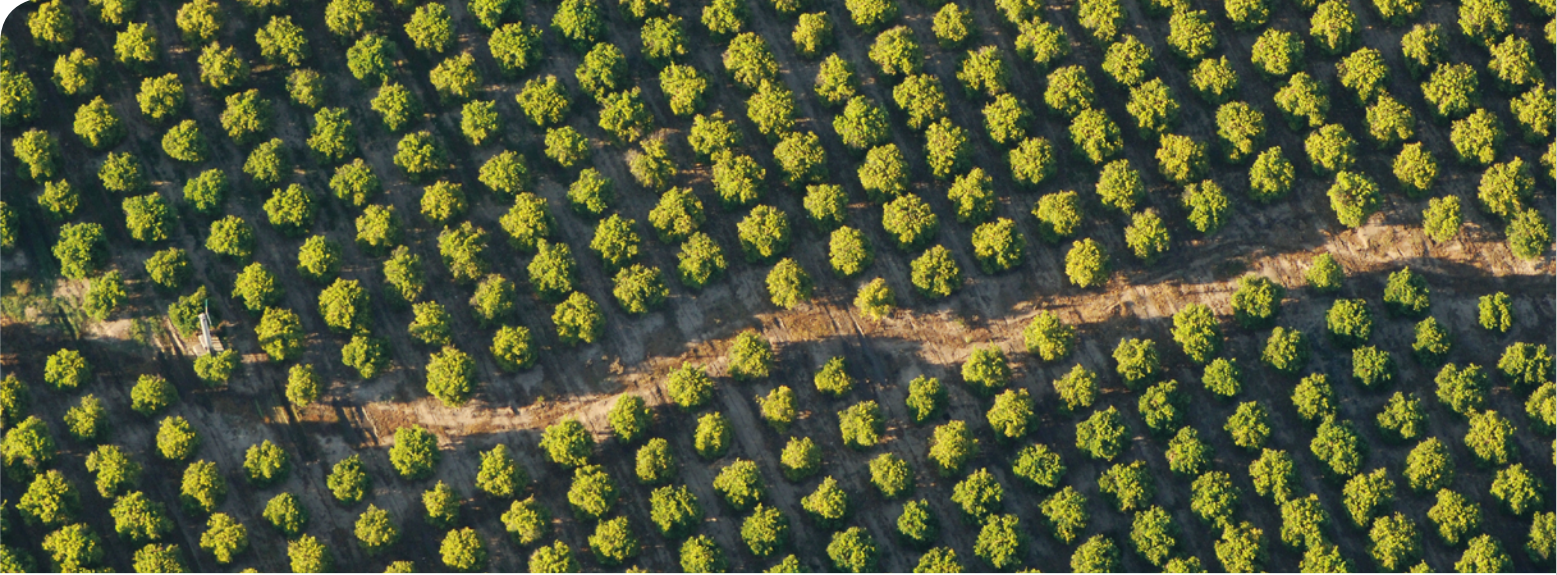
Beverage companies manage energy and water in all stages of the production process, and many want to reduce their environmental footprint through more informed decisions: a goal shared with international agencies and governing bodies, global NGOs, and national governments. However, companies addressing sustainability issues within the European Union often face different rules for different member states. Trying to understand the complicated legislative and regulatory standards of multiple markets can be confusing for companies; it is also harder for them to meet sustainability standards across EU member states.
Many consumers are interested in accurate, easy-to-understand information about the environmental impact of the products they buy. However, like the companies that produce beverage products, they were confused by unstandardized information, making it difficult for them to draw reasonable comparisons between different products. According to a 2012 Eurobarometer survey, 59% of consumers said that product labels did not provide enough information and 48% thought that labels were not clear [1].
In 2013, the European Commission (EC) decided to address this, and called for stakeholders to contribute to the process. Beverage Industry Environmental Roundtable (BIER) [2] and its member companies responded, joining the working group that would develop a common standard of sustainability for beer production across the European Union.
The group has already achieved its immediate intended outcome, having created and released a Product Environmental Footprint Category Rules (PEFCR) sustainability standard for beer products. This comprehensive framework outlines the environmental impact of each step of the beer production process, enabling beer companies around the world to set targets for their supply chain impact and create effective goals to help combat the challenges of climate change.
The PEFCR standard allows companies to use the same method to calculate their environmental impact, meaning data will be standardized and therefore more useful to industry and other parties. It will be easier to identify and prioritize areas for improvement, and industry and specific company environmental performance will also be more transparent.
In the longer term, the PEFCR for beer will lead to better, more sustainable production and environmental practices, and will hopefully help to combat climate change trends. Companies will only need to satisfy one set of clear standards to market their products as green and sustainable within the EU. The simpler regulatory burden could encourage more beverage companies to adopt sustainable practices, leading to improvement across the industry. Consumers will also benefit as they will have better information and will be able to make more informed choices about the products they buy. This will also likely encourage greater sustainability across the market.
As part of the Single Market for Green Products initiative, the European Commission created the PEFCR as a common way of measuring environmental performance. Its main purposes are to clearly explain, and simplify the calculations for, the environmental impact of a packaged beverage; it also promotes transparency about the environmental impact of consumer products, and the results often influence EU environmental policies. In 2018, the EC published three PEFCRs aimed at the beverage industry: beer, wine, and packaged water. BIER member companies also supported the wine and packaged water efforts.
BIER worked with partners including the Brewers of Europe, Block Consultants, and the EU Pilot Project Team to create the Beer PEFCR. BIER members were involved in every aspect of the pilot, from participating in meetings about scope, to providing specific data regarding certain products and packaging configurations.
There are two phases of the PEFCR development process: the pilot and the transition.
The final version of the Beer PEFCR [3] launched in April 2018. It has not been formally evaluated yet; it will be reviewed after its planned expiry on December 31, 2021. The Beer PEFCR, along with the other two packaged beverage PEFCRs, and its datasets are available and can be used by others until December 31, 2021.
[1] European Commission. (2013). Flash Eurobarometer 367: Attitudes of Europeans towards building the single market for green products.
[2] BIER’s mission statement: “The core mission of Beverage Industry Environmental Roundtable (BIER) is to advance the sector’s environmental sustainability by developing industry-specific methods and data. In other words, we seek to create tools and methodologies that accelerate sustainability and its journey from analysis to action. BIER is a technical coalition of leading global beverage companies working together to advance environmental sustainability within the beverage sector. Formed in 2006, BIER aims to accelerate sector change and create meaningful impact on environmental sustainability matters. Through development and sharing of industry-specific analytical methods best practice sharing, and direct stakeholder engagement, BIER accelerates the process of analysis to sustainable solution development. BIER is facilitated by Antea Group (https://us.anteagroup.com).”
[3] Access the PEFCR for Beer and for Wine and related documents valid through 2021.
